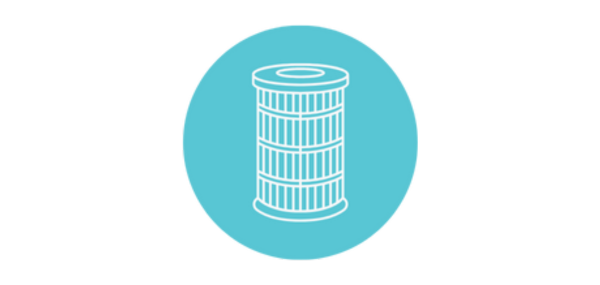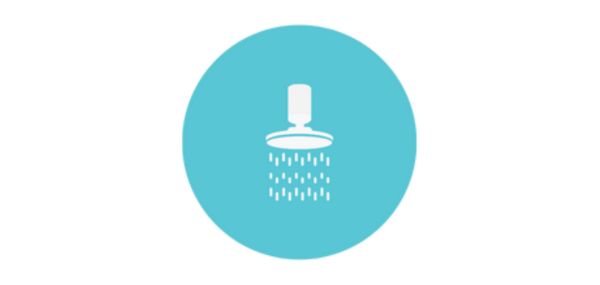

Understanding the Australian WaterMark Certification Scheme and Its Potential in New Zealand’s Plumbing Industry
What Could WaterMark Certification Mean for New Zealand?
As discussions around the Australian WaterMark Certification Scheme gain momentum among New Zealand’s Master Plumbers, there’s growing curiosity about what adopting this certification could mean for local plumbing and construction industries. But what exactly is the WaterMark Scheme—and how might it benefit (or limit) New Zealanders?
What Is the Australian WaterMark Certification Scheme?
The WaterMark Certification Scheme is a mandatory quality assurance program in Australia for certain plumbing and drainage products. Products that carry the WaterMark label have undergone independent testing and meet strict standards for safety, performance, and durability.
For Australian builders, plumbers, and consumers, the WaterMark offers reassurance that a product is reliable, compliant, and fit for purpose.
Why It's Relevant to New Zealand
In New Zealand, the building industry faces high product costs, lengthy approval processes, and limited product variety. According to Master Plumbers NZ, recognizing Australia’s WaterMark-certified products could ease these pressures by offering a wider range of pre-approved products—without reinventing the testing process.
Rather than duplicating effort, New Zealand could leverage Australia’s rigorous testing protocols, making high-quality products more accessible and potentially reducing costs.
Potential Benefits for the NZ Market
Recognizing the WaterMark Certification Scheme in New Zealand wouldn’t mean adopting Australia’s rules wholesale. Instead, it would add WaterMark to a list of accepted international standards, alongside others like the CE mark (Europe).
Benefits could include:
-
A broader selection of plumbing and drainage products
-
Lower project costs for homeowners and developers
-
Easier access to certified products already used and trusted overseas
-
Support for faster innovation in product development and importation
Addressing Concerns About Cost and Choice
Some worry that adopting the WaterMark Scheme could raise costs or limit product options. But proponents clarify: this wouldn’t be an exclusive standard. WaterMark would be one of several acceptable certifications, not the only path to approval.
This approach would increase, not restrict, flexibility for suppliers and installers, offering more pathways to bring compliant products to market.
Misconceptions: Certification vs. Liability
A common misconception in the industry is that WaterMark certification is legally required in NZ or that installing a non-WaterMark product could void insurance. That’s not the case.
In New Zealand:
-
Workmanship liability sits with the plumber or installer.
-
Product faults are the responsibility of the supplier or manufacturer, covered under warranties.
-
Public liability insurance typically covers issues related to poor installation—not product certification status.
So long as the installer follows best practices, and the product meets performance expectations, insurance coverage and warranties still apply—even without WaterMark.
Impacts on New Zealand Consumers
For homeowners, this proposed change could offer greater access to high-quality, cost-effective products, especially those previously unavailable due to certification barriers.
And in the event of a product fault, the Consumer Guarantees Act still applies, ensuring consumers are protected under NZ law.
Conclusion: Supporting Smarter, Safer Choices
Recognizing the Australian WaterMark Certification Scheme could lead to positive change in New Zealand’s plumbing and construction sectors—without compromising safety or quality. It would empower professionals and consumers alike with a broader range of trusted options, reduce unnecessary red tape, and support smarter choices at every level of the industry.
While it’s important to carefully evaluate any regulatory change, embracing established, internationally recognized certifications may be a step toward a more efficient, innovative, and consumer-friendly future in New Zealand building and plumbing.








